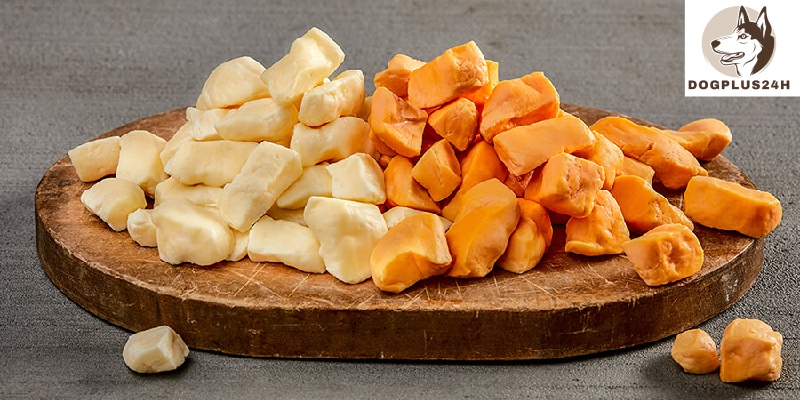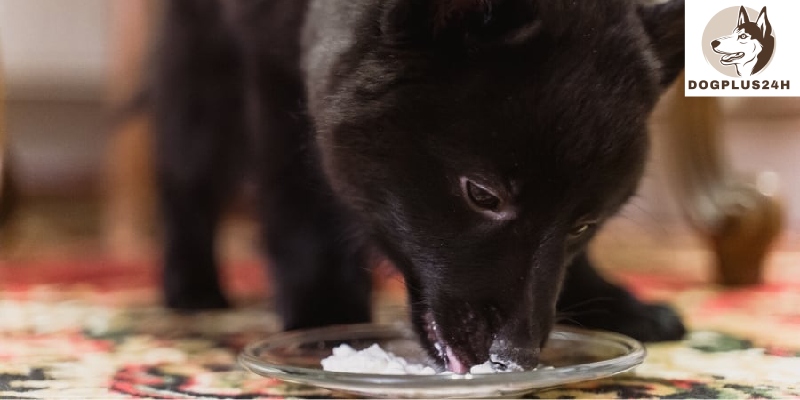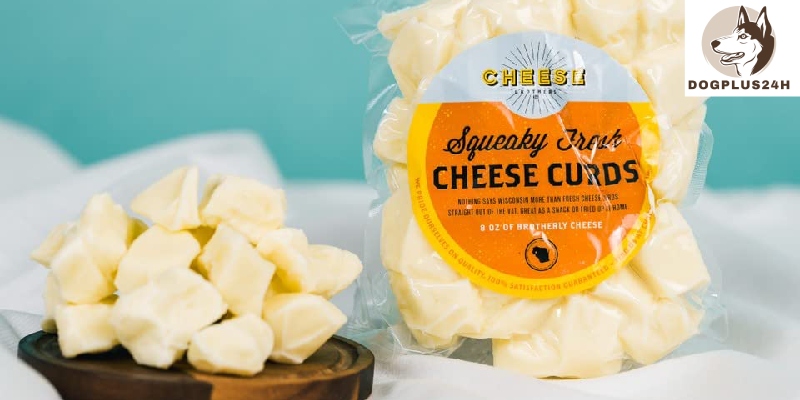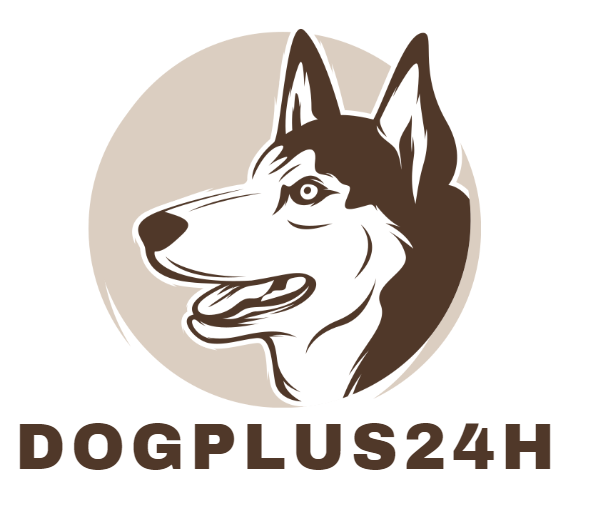Can dogs have cheese curds? The viability of feeding dogs cheese curds has become an interesting discussion in the search for the ideal canine treat. In this post, we’ll look more closely at its potential advantages and drawbacks for our furry friends.
What is a cheese curd?
Cheese curds are a tasty treat and a common element in cooking. Cheese curds are produced during the initial coagulation stage of the cheese-making process. They resemble the younger version of cheese and have many people’s taste senses hooked on their fresh, squeaky feel.
There are numerous variations of these delicious delicacies, each with a distinctive flavor and consistency. There is a flavor to suit every palate, from traditional cheddar cheese curds to more daring varieties like pepper or garlic curds. Cheese curds can be identified by their distinctive squeak when they bite, a fun auditory clue that adds to their attractiveness.

Cheese curds have been utilized in a variety of recipes in the culinary world, both as a standalone snack and as a flexible element. Cheese curds are a delectable treat whether they are melted over a bed of hot French fries for your favorite “poutine,” mixed into an omelet for extra richness, or eaten on their own as a savory dish. Culinary connoisseurs hold it in a unique place.
Can dogs have cheese curds? Continue reading this post.
Can dogs have cheese curds?
Can dogs have cheese curds? We must examine the nutrient components that go into creating these appealing dishes in order to answer this question.
It’s important to note that certain dogs may have trouble eating cheese curds. Dogs that have the common illness of lactose intolerance may experience gastrointestinal distress after consuming dairy products like cheese curds. Additionally, some cheese curds may have too much salt for your dog’s diet, which could lead to issues from high sodium levels.
Weighing the advantages and disadvantages of adding cheese curds to your dog’s diet is important. It’s crucial to exercise careful moderation and have a solid grasp of each dog’s dietary requirements. We’ll go deeper into the benefits and potential drawbacks of sharing this dairy delight with our canine friends in the sections that follow, empowering us to make wise choices. They are picky in their food tastes.
Here are some points to consider:
Lactose intolerance
Some dogs, particularly as they age, might develop lactose intolerance, which means that they have trouble processing lactose, the sugar included in milk. Curds, on the other hand, have a lower lactose content than milk, making them a more palatable choice for dogs.
Probiotic
Curds are a wonderful source of probiotics, which are helpful bacteria that can help support a healthy digestive system in dogs. Probiotics can help maintain a healthy gut flora, enhance digestion, and support a strong immune system.

Nutritional benefits
Can dogs have cheese curds? Protein, calcium, and other crucial vitamins and minerals can all be found in curd. Strong bones and teeth as well as overall health can be facilitated by these nutrients in your dog.
Ration
It’s crucial to consume curd in moderation when giving it to your dog. If your dog eats too much curd, it may feel ill or get diarrhea. Start out slowly and watch your dog’s reaction. You can progressively raise the serving size if they accept it well.
Simple and sugar-free
Make sure the curd you give your dog is pure and unsweetened. As they frequently contain additives and sugar that might harm pets, stay away from flavored or sugary types.
Can dogs have cheese curds? Curd can be a healthy and safe addition to your dog’s diet. They are a good source of probiotics, protein and other essential nutrients.
However, it’s crucial to utilize curd gradually and sparingly. You should also always choose simple, unsweetened curds. Before introducing curd to your dog’s diet, it is essential to speak with your veterinarian if you have any questions or if your dog has any health issues. they.
Are there any types of cheese that are toxic to dogs?
For dogs, cheese itself is not poisonous. There are some cheeses, though, that might have components that are bad for dogs. When giving your dog cheese, it’s crucial to be aware of these possible risks and make educated decisions.
Blue cheese
The ingredient roquefortine C, which is present in some blue cheeses, can be hazardous to dogs. In more extreme cases, it may even result in tremors or convulsions or induce vomiting and diarrhea. Consequently, it is advised to avoid offering blue cheese to your dog.
Cheese has additional ingredients
Some cheeses could contain extra ingredients like garlic, onions, herbs, or other spices. Dogs may be poisoned by these components, thus they ought to be avoided. Onions and garlic, in particular, can harm your dog’s red blood cells and cause anemia.

Delicious recipes with cheese for dogs
Give your pet food that is high in protein if you want it to be happy. For dogs, flaxseed oil and quark are very tasty. This combination has the benefit of being high in beneficial fatty acids. Various fatty acids help your immune system.
Quark with eggs is a fantastic option. This is because meals high in protein assist in boosting cellular metabolism. The creamy mixture can optionally include rice, bananas, or oats. Without a doubt, your dog will adore it.
For dogs, a well-balanced food is essential. As a result, the following factors need to be taken into account when feeding cheese curds:
- Mix food with dry food
- Dairy products containing carrots are good for skin and coat
- Quark with apples has a good effect on teeth and intestines
- Quark with pumpkin pieces is a great snack for overweight dogs
- Asparagus combined with cheese is very good for the kidneys
In conclusion – Can dogs have cheese curds?
Can dogs have cheese curds? Dogs can eat cheese curds. It is important to introduce new foods into your dog’s diet gradually and in moderation. If you decide to feed your dog cheese, choose a simple, mild cheese like mozzarella or cheddar. In particular, make sure that the cheese is given as a snack and not as a regular part of their diet. If you have any concerns or your dog has any adverse reactions after eating cheese, it is best to consult your veterinarian for guidance.


